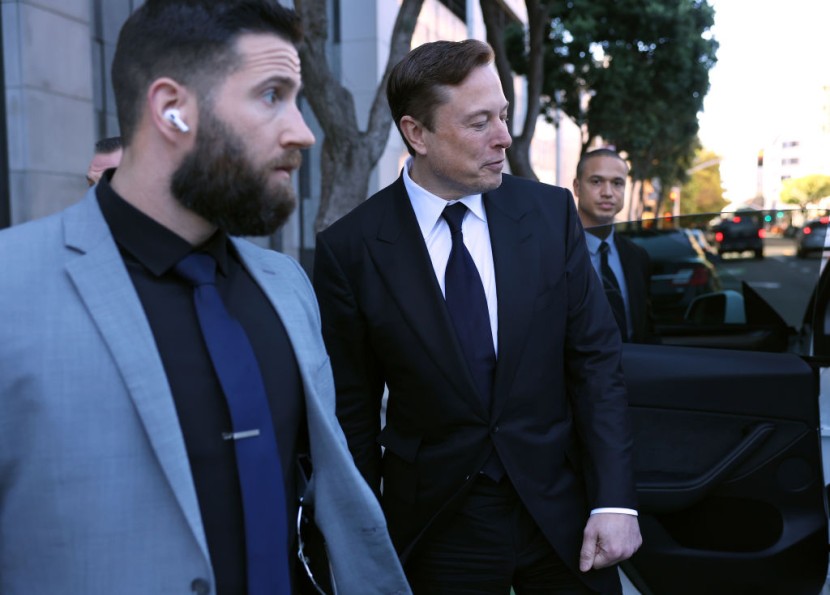Elon Musk believes the world needs to prepare for artificial intelligence (AI). On Sunday, the Tesla CEO agreed that AI would hit people "like an asteroid,"
Musk revealed that he used his only one-on-one meeting with former US President Barack Obama to push for AI regulation, as per Fortune.
AI Regulations
Mckay Wrigley, a software developer, tweeted, "It blows my mind that people can't apply exponential growth to the capabilities of AI. You would've been called a *lunatic* a year ago if you said we'd have GPT-4 level AI right now. Now think another year. 5yrs? 10yrs? It's going to hit them like an asteroid."
It blows my mind that people can’t apply exponential growth to the capabilities of AI.
— Mckay Wrigley (@mckaywrigley) April 15, 2023
You would’ve been called a *lunatic* a year ago if you said we’d have GPT-4 level AI right now.
Now think another year. 5yrs? 10yrs?
It’s going to hit them like an asteroid.
Musk responded to the tweet by saying that he had tried to warn the public for years. He said he used his one-on-one meeting with Obama instead of promoting Tesla or SpaceX. According to Reuters, there is also news about Senate Majority Leader Chuck Schumer laying the groundwork for Congress to regulate AI.
On the other hand, Musk is working on plans to launch an AI startup, dubbed X.AI, that will compete against OpenAI. The startup will make generative AI tools.
There are also reports that Musk is working on an AI project at Twitter. It can be recalled that the SpaceX CEO paused the development of AI tools more advanced than GPT-4 for six months.

AI Development
Artificial intelligence (AI) is rapidly advancing and is becoming an essential part of our daily lives. AI technology can potentially transform industries and improve our quality of life. However, it also presents significant risks and challenges that must be addressed.
One of the main concerns with AI is its potential impact on jobs. Many jobs that humans currently perform may be automated by AI in the future. This could lead to significant job losses and economic disruption. Additionally, AI has the potential to perpetuate biases and discrimination if it is not designed and implemented ethically and responsibly.
Another concern with AI is its potential impact on privacy and security. AI technology can be used to collect and analyze vast amounts of data, which can be used for targeted advertising or other purposes. This raises significant privacy concerns, as individuals may need to be made aware of how their data is being used.
There is a growing need for AI regulations to address these concerns. Regulations can ensure that AI is developed and used ethically and responsibly. They can also help protect individuals' privacy and security while promoting innovation and economic growth.
The European Union has taken a proactive approach to AI regulations by introducing the General Data Protection Regulation (GDPR), which provides guidelines for collecting, processing, and storing personal data. Other countries, including the United States and China, are also exploring the need for AI regulations.
AI has the potential to transform our world in many positive ways. However, it also presents significant risks and challenges that must be addressed. AI regulations can help ensure that AI is developed and used ethically and responsibly while protecting individuals' privacy and security.
As AI continues to advance, regulations must keep pace to ensure that its benefits are realized without causing harm.
Related article : Elon Musk Is No Longer the Richest Man in the World: Who Is Bernard Arnault and How Did He Beat the Tesla CEO?








